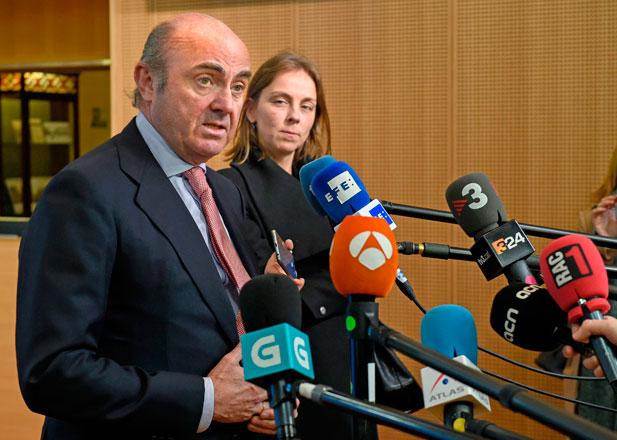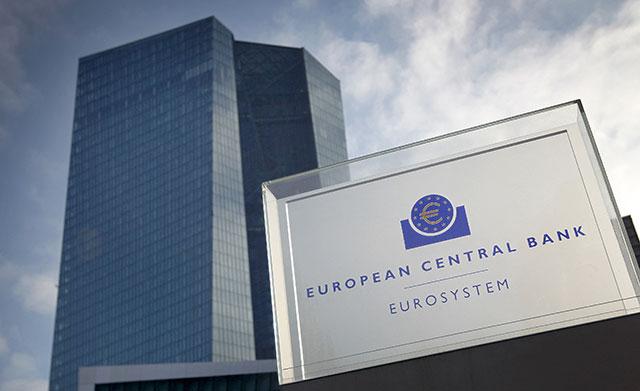You are here
German Central Bank chief to quit at crunch moment for ECB
By AFP - Oct 21,2021 - Last updated at Oct 21,2021
FRANKFURT — German Central Bank President Jens Weidmann, a fierce opponent of loose monetary policies in Europe, will step down at the end of the year after a decade at the helm, the Bundesbank said on Wednesday.
His departure comes as the European Central Bank (ECB) faces difficult questions over its future monetary policy and as coalition talks to form the next German government formally get under way.
Weidmann, a member of the ECB's 25-member governing council and head of the Bundesbank since May 2011, intends to step down on December 31 for "personal reasons", the Frankfurt-based institution said in a statement.
His term would have ended in April 2027 but the long-time president told colleagues in a letter that "after 10 years it is time to begin a new chapter".
As Weidmann steps down, the ECB is under pressure to respond to rising inflation in the eurozone and will shortly have to decide when to wind down its massive pandemic-era stimulus programme.
Weidmann, who often clashed with ECB leadership while in office, thanked ECB President Christine Lagarde despite the "sometimes difficult discussions" the pair had participated in over recent years.
In a statement, Lagarde said she respected Weidmann's decision, praising his "willingness to find compromise".
In recent weeks, Lagarde has said the ECB should not "overreact" in the face of "transitory" pressures that have seen inflation rise well above the bank's 2 per cent target.
But in his departure letter, typically hawkish Weidmann warned it would be "decisive" for the ECB's strategy "not to lose sight of future inflation risks".
Crisis response measures were also only "proportionate for the crises they were designed to tackle", according to Weidmann.
Stability, he added, would only be achieved if "monetary policy observed its narrow mandate and does not let itself be led by fiscal policy or the markets".
Coalition talks
The early end of Weidmann's tenure could "tilt the debate within the ECB a bit more in a dovish direction", said Holger Schmieding, chief economist at Berenberg Bank.
"But not very much. He is not the only hawk on the ECB council," Schmieding said.
The Bundesbank president's exit will create a headache for the parties engaged in coalition talks to form the next German government, which will likely appoint Weidmann's successor.
The outgoing Bundesbank president represented the country's uncompromising stance against inflation during Angela Merkel's tenure as German chancellor.
Among the parties taking part in talks, the liberal FDP has supported a more conservative direction for monetary policy policy than the Social Democrats and Greens.
The next German government would nonetheless be likely to appoint "a less hawkish successor", said Schmieding.
Weidmann had his term as president renewed to 2027 in 2019. His resignation will have to be formally accepted by the German president.
Related Articles
BRUSSELS — Eurozone finance ministers on Monday chose Spanish Economy Minister Luis de Guindos to succeed European Central Bank (ECB) Vice P
Greek Prime Minister Alexis Tsipras tore into his European Union (EU) allies on Thursday, pledging to "put an end once and for all" to the EU's austerity policies.
FRANKFURT — The European Central Bank (ECB) on Thursday kept its massive pandemic-fighting stimulus package in place, in a bid to help Europ















